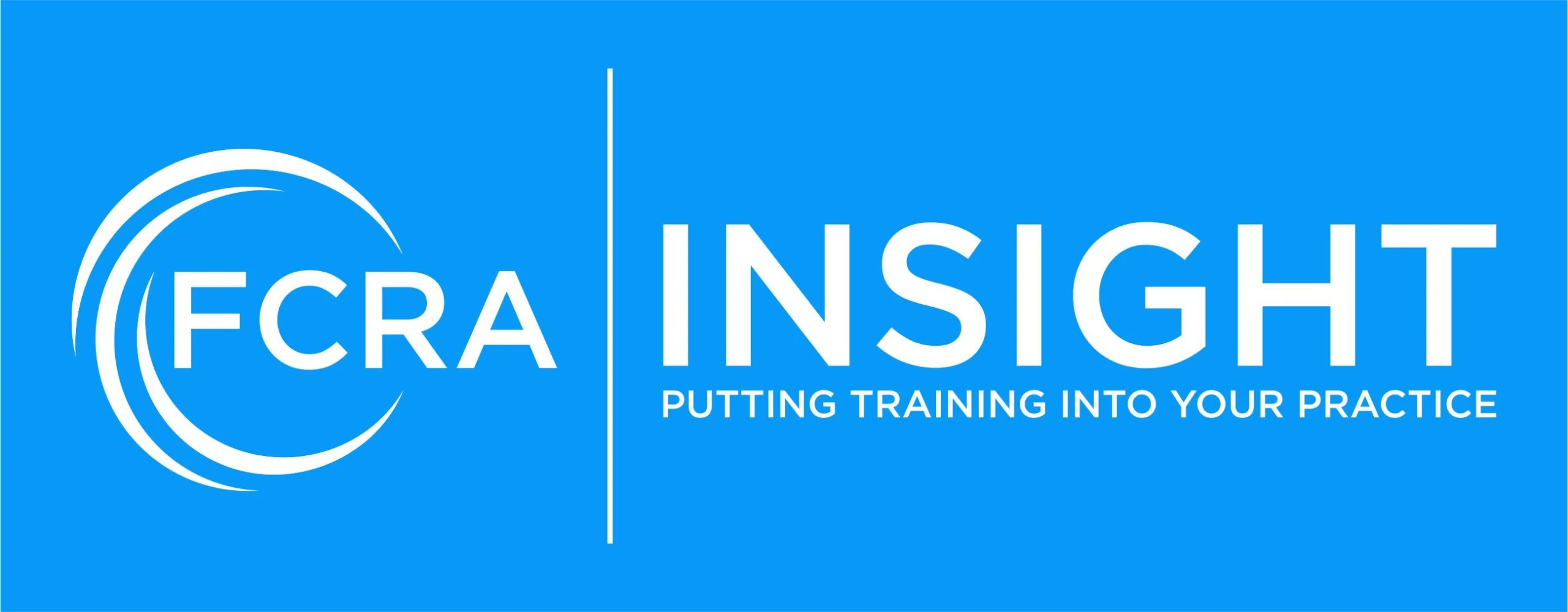Credit Reporting Firm
How to Get Your Credit Report
You have a Right to a Copy of Your Credit Report
There are a number of good reasons to get a free copy of your credit report such as reviewing for errors, checking your credit rating before you apply for credit, and making sure that no one has illegally requested a copy of your report.
The federal Fair Credit Reporting Act (FCRA) gives you the right to receive a copy of your credit report from each of the the credit bureaus at any time. You are also entitled to a free copy of those reports once a year or if you suspect that you have been a victim of identity theft. This article will help explain how you can get that report and where to turn if you need more help.
Which Report Should I Request?
There are dozens of credit reporting agencies that maintain records on consumers. But not all credit bureaus maintain the same information. There are four major credit bureaus that provide credit reports to most banking, collection and financial institution. These companies — Experian, Equifax, Innovis, and TransUnion — maintain records about most credit and collection accounts, as well as public records that impact on credit.
These credit reporting agencies maintain credit data from most creditors, debt collectors, and banks. The information usually includes information about the account the account status and the associated payment history. There are many other credit bureaus that maintain more specialized data about consumers. For instance, one group of credit bureaus only maintains data about conventional banking accounts, including account balances and a history of NSF checks. Another group maintains information about insurance accounts and claims histories.
For most purposes, consumers should check their big four credit reports once or year. Additionally, consumers should request a copy of any credit report that has been used to deny that consumer credit or any other benefit. Finally, if you have any reason to believe that specific type of report is going to be used by someone to evaluate you, you should request all the relevant reports of the type that you expect will be used.
If you would like to see a listing of the most commonly used credit reports along with the type of information maintained and contact information, you can check out our Credit Bureau List.
Why Order by Mail?
Even though it may seem more convenient and quicker to order over the web or by phone, you should only order your reports by mail. Consumers who order over the web are subject to risks that mail requests don’t have. (Check our posts on Ordering Your Report and Ordering Your Report by Phone)
Most importantly, when you order by mail, you should use a delivery verification services like “registered mail” or “return receipt request” so that you have proof of mailing and receipt. This will insure that you have proof of the request if the credit bureaus refuse to send the report. If you need help with your mail request for your credit report, you can email us through this site or call (888) 400-CREDIT | (888) 400-2733 to get help
What Identification Should I Include?
One of the most common, and frustrating, experiences of consumers is that the credit bureaus refuse to provide a copy of the report without adequate identification. Federal law allows the credit bureaus to refuse a request for reports if they have reason to believe that an imposter has requested the report. And because these disclosures can take up to 30 days to return from the bureaus, sending the proper identification can significantly cut the time needed to obtain the reports and begin any necessary disputes.You can shortcut this problem by including identification with your report request. Sufficient identification should include:
- Government Issued Photo ID (drivers license, passport, or personal identification card).
- Current bank or credit card statement showing your current address.
- Social Security Card.
- Utility bill (phone, gas, cable, or wireless).
By including this information in your initial request, your reduce the chance that a credit bureau will refuse to provide a copy of your disclosure. If you need a copy of letters request reports, see our sample letters and requests. If you don’t know how much or what identification to include in your request, you can email us through this site or call (888) 400-CREDIT | (888) 400-2733 to get help
Should I Keep a Copy?
After you have drafted your request and assembled the necessary support documents, sign your request letter and make a photocopy. Even after you have gone to the trouble of assembling all the necessary documentation, the credit bureaus may still not send your report. If so, you will need a copy of your request to enforce your rights. Make sure to keep a copy of all the supporting documents along with the letter. Keep an electronic copy of this this request with your other credit reporting materials. If you don’t know how to organize your credit file, you can email us through this site or call (888) 400-CREDIT | (888) 400-2733 to get help.
What if They Don’t Send the Report?
The FCRA requires that that the credit bureaus provide a copy of your report, once a year, for free. If the credit bureau refuses to give you a copy of your report, you have the right to sue for damages. Once consumer in Georgia tried unsuccessfully to get their report from a credit bureau. Even though that consumer provided enough information to identify them to establish their identity, the credit bureau still refused. That consumer was ultimately able to recover a jury verdict in their favor for the refusal. If you have already followed the steps in this article, you may be ready to enforce your rights by bringing a lawsuit against the credit bureau. email us through this site or call (888) 400-CREDIT | (888) 400-2733 to find out if we can help.
What Additional Resources Are Available to Help?
- Want to see a list of the credit bureaus who keep data on you? Check out our Credit Bureau List.
- If you need help deciding which reports you need, you can read our article on Credit Reports to Order.
- Need help getting your credit report, see our article on How to Get Your Credit Report.
Common Cases
You may have a case under the Fair Credit Reporting Act if you notice the following things on your background report:
- Fraudulent identity theft accounts on your credit credit report.
- Someone else’s Information on your credit report.
- Paid accounts still showing a balance due.
- Reporting your accounts in good standing as charged off or in collections.
- Discharged debts still reporting as owed.
- Paid tax lies showing as still owed.
- Derogatory accounts more than 7 years old still on your report.
- Previously deleted accounts that have been reinserted on your report.
- Duplicate reporting of the same account.
If you would like help with one of these problems, call (888) 400-CREDIT | (888) 400-2733 or contact us through this site.
Credit Restoration and Compensation
If you have completed the dispute process and you still can’t get the credit bureaus to correct your report, the FCRA allows you to sue agencies. In most cases we are able to remove the false information, correct the report and get compensation for any credit denials, job loss, or emotional harm caused by the other side’s violation of the law.
Your Fees Paid for You
We only charge a fee if we are able to recover for you, and The Fair Credit Reporting Act requires the other side to pay your attorney’s fees if you win. You pay nothing up front and we take our fee from the other side.
Help with Your Dispute
If you would like help with your credit report dispute, you can call our office at (888) 400-CREDIT or simply send us an email through this site. If you prefer, you can visit our resource page for credit reportrequest letters and sample disputes
Follow Up and Monitoring
After your case is done, we will help you to regularly check and monitor your background checks with free annual reviews of your background checks and credit reports to insure that you stay free of false conviction information.
Work with an Credit Report Attorney
If you have been the subject of an inaccurate credit report, you may have be able to seek a correction and compensation for any harm. Our firm can help. For more than 25 years, the attorneys of Lyngklip & Associates have represented victims of bogus credit reports credit reports and been a resource for Michigan consumers who need the help of an experienced lawyer.
To learn more or to schedule a free initial consultation with a credit report lawyer, contact our law firm today or call (888) 400-CREDIT | (888) 400-2733 or contact us through this site. In Michigan, you can reach our office at (248) 208-8864.












